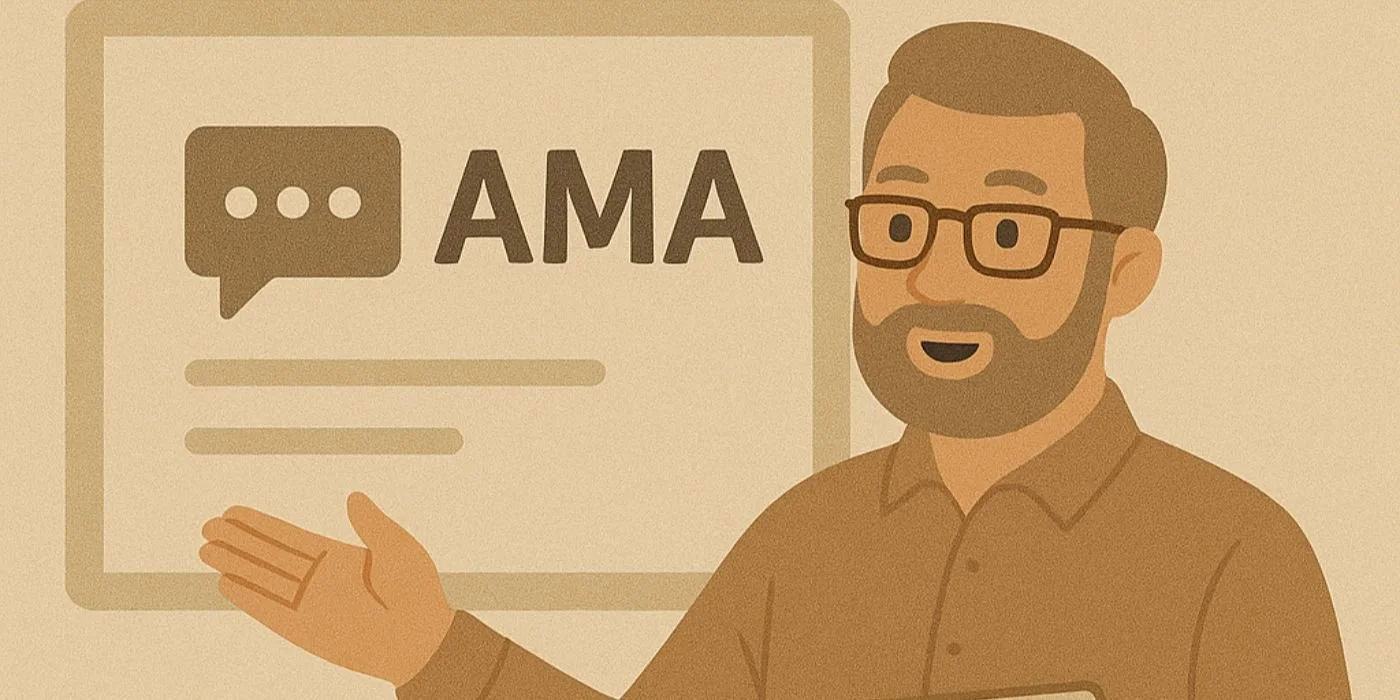How Certification Differentiates Your Health Coaching Business
Health coaching is one of the fastest-growing professions in wellness and healthcare, but the market is crowded. Clients today want more than motivation; they want credibility, results, and trust. That’s where certification comes in. Certification sets apart serious professionals from casual “life advisors.” By completing accredited programs like those outlined in ANHCO’s Health & Life Coach Certification guides, coaches demonstrate structured training, ethics, and proven methods. In this article, we’ll explore how certification differentiates your business, how to showcase credentials, and why 2025 is the tipping point for certified coaches to thrive.
1) Why certification is the credibility foundation
Clients often face difficulty distinguishing between trained coaches and those relying only on personal experiences. Certification creates a professional baseline by validating skills against global standards. Programs accredited through recognized bodies, like those described in ANHCO’s Illinois coaching certification guide, prove a coach has studied behavior change, motivational interviewing, and ethical practices. A certified credential signals professionalism in the same way a CPA signals financial expertise. Without it, coaches risk being seen as hobbyists rather than professionals capable of transforming health outcomes.
2) Certification as a competitive edge in a crowded market
The coaching field is saturated with online offerings, influencers, and short-term “mentorships.” Clients gravitate toward verified professionals with proof of training. Holding credentials like those from ANHCO’s Indiana certification overview allows you to charge premium rates, partner with healthcare providers, and be listed on professional job boards. Certification also unlocks eligibility for organizational contracts, where employers require verifiable credentials. In short, certification is no longer optional — it is the minimum threshold for growth in 2025.
| Factor | Certified Coach | Non-Certified Coach | Business Impact |
|---|---|---|---|
| Client Trust | High | Low to medium | Certified coaches attract repeat clients |
| Average Session Rate | $120+ | $60–80 | Certification supports premium pricing |
| Healthcare Partnerships | Eligible | Not eligible | Certification unlocks referral channels |
| Legal Protection | Insurance eligible | Limited | Certified status strengthens liability cover |
| Marketing Value | High credibility | Limited appeal | Certification boosts conversions |
| Job Board Access | Yes, via ANHCO | No | Expands opportunities |
| Revenue Growth | 3× faster | Slower | Certification scales practices |
| Client Retention | 70–80% | 40–50% | Certified methods improve outcomes |
| Continuing Education | Required | None | Keeps skills relevant |
| Ethical Standards | Clear code | Undefined | Certification avoids disputes |
| Specialization | Recognized niches | Generic | Certified coaches target markets |
| Visibility | Professional directories | Social media reliant | Certification widens reach |
| Revenue Streams | Workshops, contracts | 1:1 sessions | Certification diversifies income |
| International Work | Often eligible | Rare | Certification builds global credibility |
| Accreditation Recognition | ANHCO/CPD approved | N/A | Certification carries authority |
3) How certification impacts income and client retention
Studies reveal certified coaches can charge 40–60% more per session and retain clients longer. Why? Certification instills confidence that the coach has tested frameworks, ethical backing, and accountability structures. Retention is vital because long-term clients yield consistent revenue and deeper transformation. ANHCO’s Kansas certification guide shows how specialized niches such as weight management or corporate wellness become easier to enter with accredited credentials.
4) Building partnerships and accessing broader opportunities
Certification also unlocks collaborations with healthcare providers, insurers, and corporate wellness programs. Employers demand certified credentials before considering contracts. Programs like those outlined in ANHCO’s Louisiana certification roadmap highlight that certified coaches often transition into organizational roles. Without certification, these partnerships remain off-limits, leaving uncredentialed coaches limited to individual clients only.
5) Marketing power: certification as a unique selling proposition
In digital marketing, trust signals make or break conversions. Displaying certification badges on your website and in your bio is a visual authority marker. ANHCO’s branding basics guide emphasizes using certification strategically in storytelling, testimonials, and lead magnets. Certification is not just proof; it is a core differentiator in crowded digital spaces, helping coaches stand out in competitive markets.
Quick Poll: Do clients ask you if you're certified before working with you?
6) Long-term positioning: certification in 2025 and beyond
By 2025, certification is no longer an option but a requirement for scale. Governments and organizations are moving toward recognizing only accredited coaches for insurance-linked programs. ANHCO’s strategic expansion guide explains how certified coaches can position themselves for international practice and advanced niches. Without credentials, coaches risk exclusion from the future of coaching. Certification ensures long-term sustainability in a competitive and regulated market.
FAQs
-
Certification acts as a trust shortcut. Potential clients compare profiles, and the certified coach signals reliability. ANHCO’s branding basics guide confirms clients are more likely to book when certification logos are displayed.
-
Certified coaches can charge 40–60% higher rates. Guides like ANHCO’s Iowa certification overview show certified coaches commanding premium contracts.
-
Yes. Employers and insurers increasingly require verifiable certification. ANHCO’s outsourcing secrets guide highlights that certified coaches are prioritized in B2B opportunities.
-
Absolutely. Certified coaches can scale into group programs, corporate wellness, and global opportunities. ANHCO’s hidden revenue streams blog outlines how certification validates these expansions.
-
Look for accreditation, continuing education options, and alignment with your niche. ANHCO’s Idaho certification guide offers a clear roadmap to selecting the right fit.


